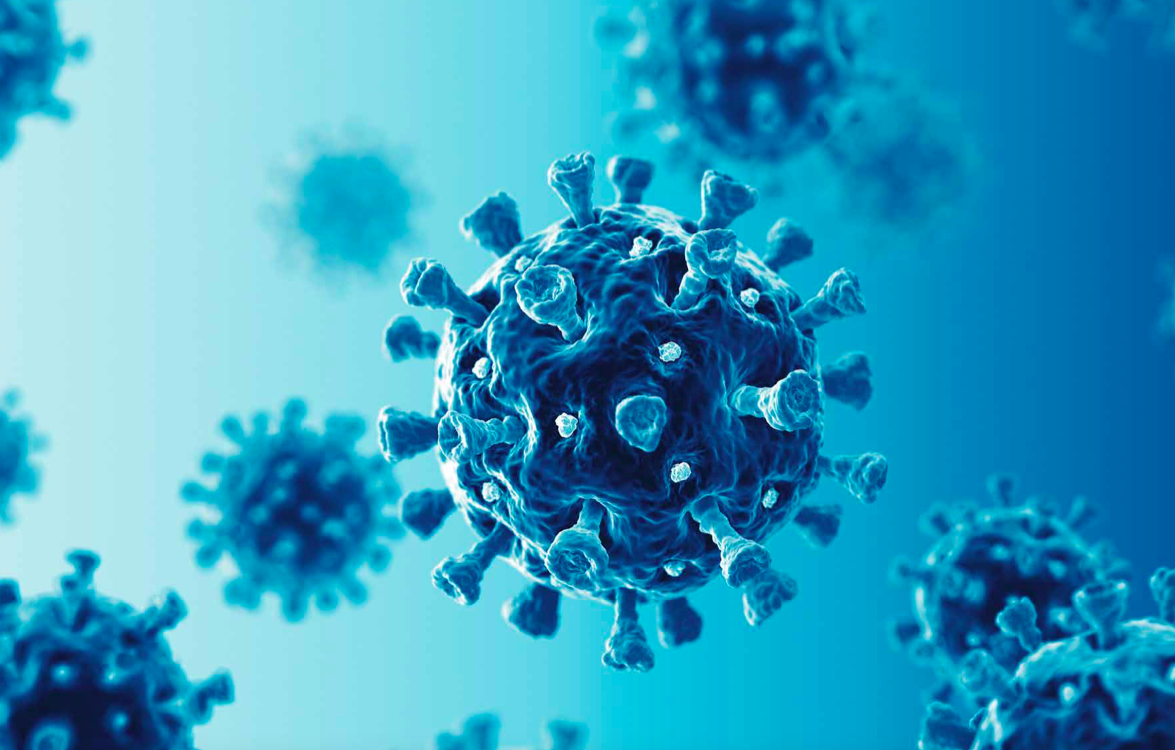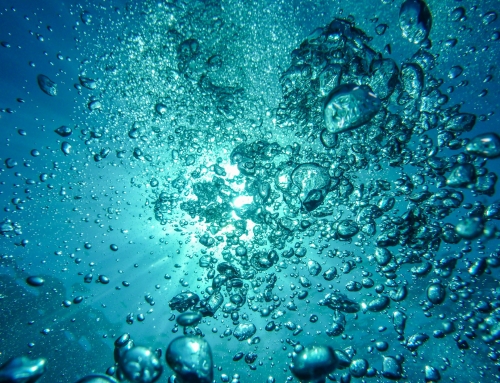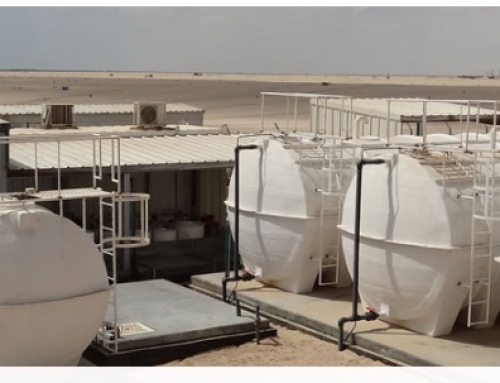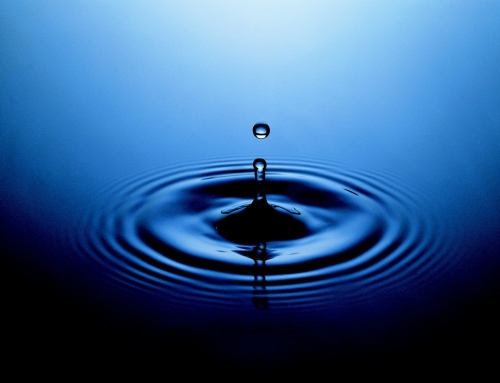By Julian Singer
Modern Water, the supplier of treatment and monitoring equipment for salty and contaminated fluids, was taken over by DeepVerge, another AIM-listed company, in 2020. Before the takeover DeepVerge’s main product was Labskin, a laboratory-grown skin that mimics human skin and is used by skin care manufacturers and consultants to test products. The connection between skin and water is not obvious, but the company claims that the product development of both depends on the artificial intelligence (AI) expertise of another company, Rinocloud, which it bought in 2019.
Leaving aside the skin care business, we last wrote about Modern Water in 2019 when it was in the familiar position of not being able to convert its innovative products into firm sales, resulting in cash flow problems. Results for 2018 showed a revenue of $4.2 million for a total loss of £2.8m. In early 2019 it was having to liquidate two subsidiaries and starting to sell off the assets of a US subsidiary.
DeepVerge’s results for 2021, published on 23 June, show that its Monitoring Division (ex Modern Water) had a revenue of £4.2m, which being the same as in 2018 suggests that not too much had changed. The profit was given as £0.2m but the report notes that many of the administrative expenses are reported centrally. Overall DeepVerge had a revenue of £9 million for a loss of £2.7m.

Monitoring wastewater to provide faster real-time detection of covid-19 and other pathogens (www.modernwater.com)
Modern Water has three product ranges: monitoring, brine concentration and desalination. The monitoring products are used by businesses and public bodies to measure the amount of toxic materials, trace metals or environmentally damaging contaminants in water streams. A wide variety of different techniques is used. Brine concentration, or AMBC (All Membrane Brine Concentration), uses osmosis through a membrane to separate salts and other undesirable compounds out of the dirty waste water issuing from industrial plants. The usual practice is to boil the water so as to leave a solid waste, but this uses a lot of energy.
The good news is that some new monitoring products have been developed. One is a portable unit, the Microtox PD, that can test for the presence of covid or other pathogens in a stream of waste water. Tracking covid in waste water helps map the rise and fall of infection rates. It is based on optofluidic techniques (the use of light to control the flow of fluids) and uses AI to examine patterns in the data. The results are claimed to be as accurate as a PCR test. Above all, it can be done on site and avoids the time-consuming business of taking samples and sending them to a laboratory. The company claimed the world’s first live on-site identification of covid in a waste water treatment plant in June 2021.
Progress is also being made on the development of on-site systems for detecting man-made chemicals that do not break down over time in water (known as forever chemicals, mostly polyfluoroalkyl substances). This uses the optical method of mass spectrometry and is in partnership with Microsaic Systems who are specialise in this technique. AI techniques will again be used to identify patterns in the data.
This new ability to do more sophisticated on-site analysis of water streams has some people concerned on the grounds of privacy. It could be used to analyse drain water from buildings and identify, for example, those where drug use is high.
In a separate development in March 2022 DeepVerge purchased the Cork-based manufacturing firm Glanaco Limited. It will take over much of the production of equipment that is currently being done by Modern Water’s suppliers. It is hoped that with new products and more manufacturing power the company will finally break through to profit. DeepVerge is currently trading at 9.5 pence, with a market capitalisation of £21 million.



